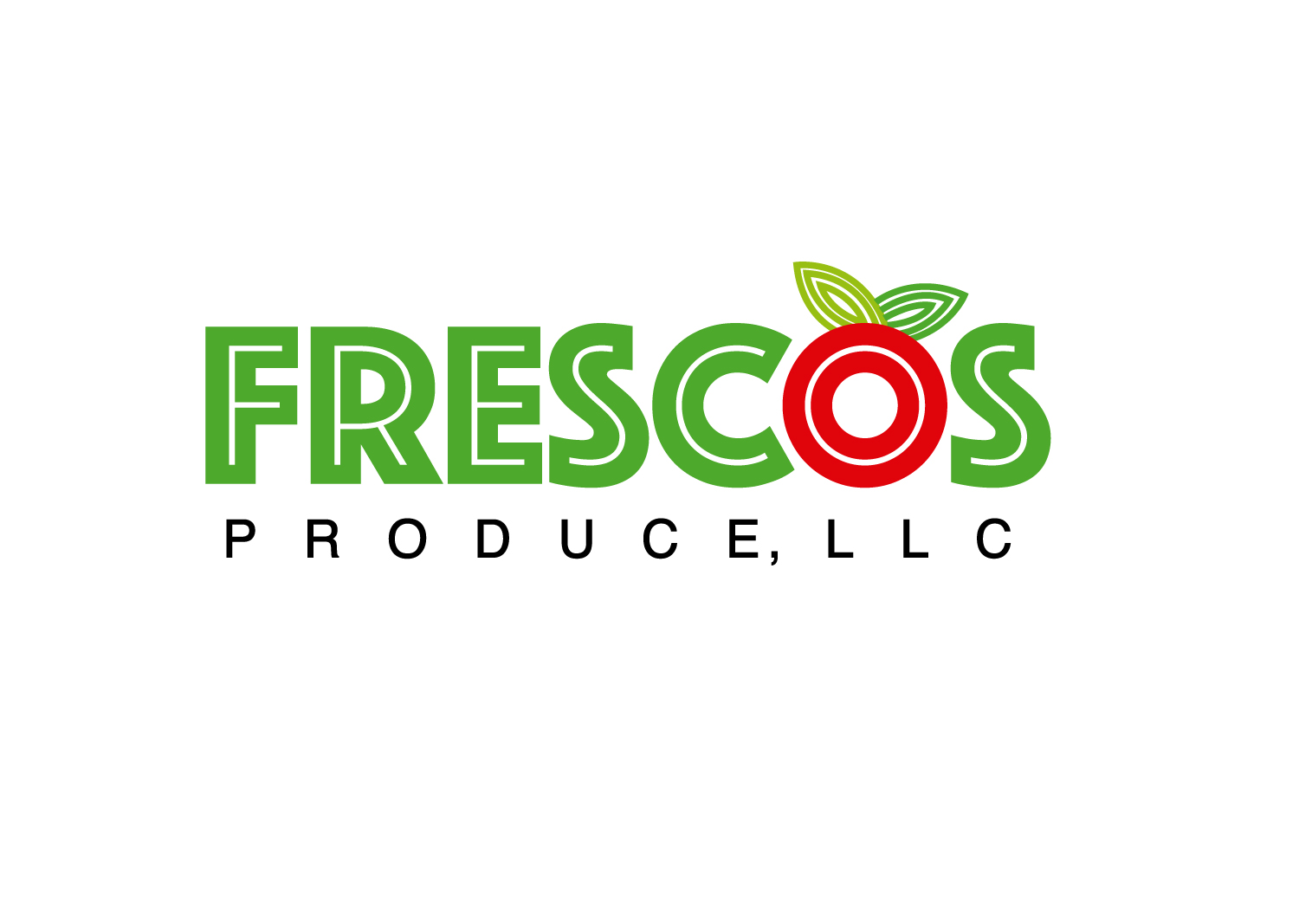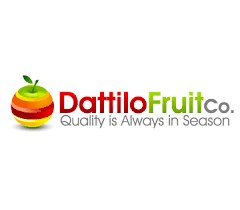Grocery industry analysts believe more meal kit companies are headed the way of Plated, which was acquired Sept. 20 by Albertsons.
“These companies are cheap right now,” said Diana Sheehan, director of retail insights for Kantar Retail. “They’re struggling to make a profit. The concept itself is going to stick. The companies won’t.
“They’re hitting that critical point where it’s basically, ‘Let’s cash in on what we’ve created and get out the door because the category’s evolved around us,’” Sheehan said.
Bill Bishop, chief architect of retail consulting firm Brick Meets Click, also sees the segment moving that direction.
“The standalone subscription model is a really tough sort of business nut to crack,” Bishop said, noting the expense of delivering kits to consumers and the high costs for customer acquisition and retention.
While meal kit companies have struggled to make money, retailers are embracing the concept.
Sheehan mentioned Kroger, Ahold Delhaize, Wal-Mart and Amazon as some of the grocers exploring the category, and Publix, Coborn’s and Ball Food Stores are others who have entered the space.
“I think it’s a good idea and we’re just getting to the point where it can be well executed ... ” Bishop said. “It’s a recognition that people are eating differently and would like to be able to have some additional assistance in creating those meals.”
It would seem as though the programs are going well for retailers, given they keep popping up, but time will tell.
“It’s really a function of how well they’re marketed and how they’re priced, so there’s probably a range of experiences,” Bishop said.
Albertsons advancing?
Sheehan suggested the acquisition of Plated could vault Albertsons ahead in an area in which it had been lagging behind.
“Albertsons is the last to the party, but the thing is, by buying Plated they have essentially just pushed themselves ahead because the Plated offer is definitely something that’s different than what the traditional retailers are doing on their own,” Sheehan said.
The differentiating factor is the target audience.
“Plated tackles things from that premium, upscale, restaurant-quality meal idea, and that’s something that when you look at the stores and you look at the offers that your traditional supermarkets ... they’re coming at it at a less sophisticated level,” Sheehan said. “They’re going at it from more of that mid-tier, mid-taste kind of flavor profile versus focusing on the foodie.”
Bishop said that how much value the acquisition adds for Albertsons depends on how seamlessly Albertsons can integrate Plated’s processes of putting together the meal kits. If that transition is smooth, the value add might be substantial.
Albertsons has more than 2,300 stores, and the meal kits will be offered in many of those and on the digital platforms of the retailer, according to a news release. Albertsons expects the deal to make Plated the first multi-channel meal kit service with national scale.
Among the attributes that made Plated attractive to Albertsons were its technology and data.
“Plated knows its customers better than anyone, and together we will accelerate our ability to serve them,” Bob Miller, chairman and CEO of Albertsons, said in the release. “We are excited to offer our customers more online options and fresh, quality ingredients along with distinctive recipes at their doorstep or through traditional shopping trips.”
Forecast
Sheehan envisioned Albertsons taking meal kits to the next level after starting with a trusted brand in Plated.
“I actually could see Albertsons taking the Plated concept and starting to expand it into lines of food — the family friendly meal kit, the vegetarian meal kit, the foodie meal kit, and I could see them moving it into a fully developed category beyond just kind of the basics,” Sheehan said.
She also noted that the acquisition strengthens Albertsons’ position for a possible future initial public offering.
Sheehan said she expects the purchases of other meal kit companies to happen within a few years.
“The question now is the chess game has started, and so it’s time to really watch what these other retailers do in response,” Sheehan said. “I would also say in that same vein I think Albertsons has shown that they’re willing to invest in home delivery as a concept. It could be interesting to see what they start doing with some of these third-party online grocery delivery companies as well.”














